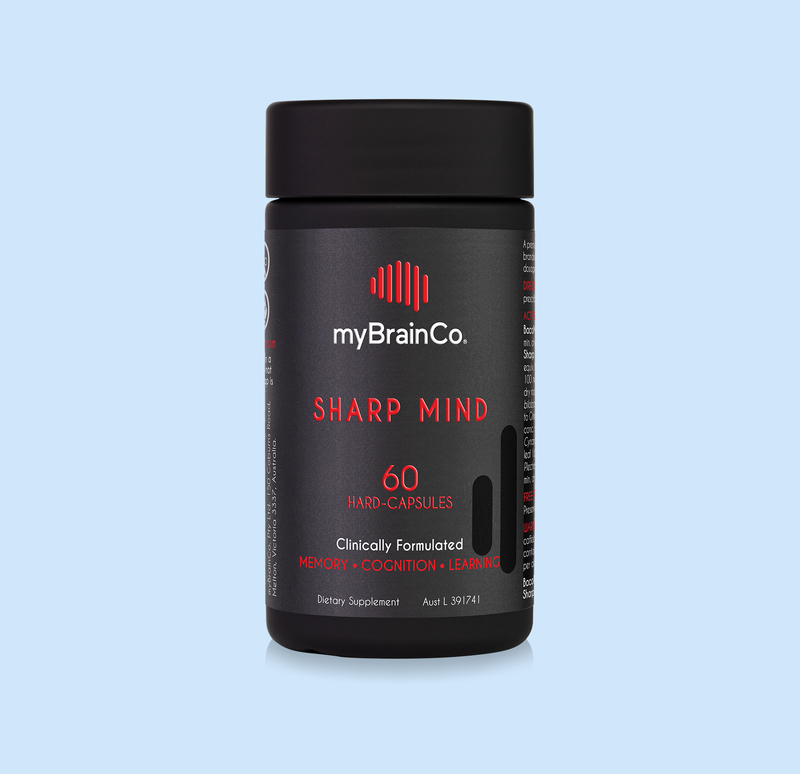Did you know that regular physical activity also helps to build a healthier brain?
Here are five ways exercise benefits brain health;
1. Exercise lifts mood
It’s widely recognised that exercise can help lift our mood and improve our focus and productivity. Many studies have also demonstrated a link between exercise and lower stress levels, anxiety and depression. Athletes often report enhanced mental alertness following exercise, even if they’re physically tired.
2. Exercise boosts neurogenesis
Exercise has been shown in animal studies to increase brain volume. This may be partly due to its ability to promote neurogenesis (the building of new brain cells), particularly in the hippocampus area of the brain. Exercise has also been shown to boost levels of BDNF, or brain-derived neurotrophic factor, a powerful protein strongly linked to neurogenesis and overall better brain function.
3. Exercise boosts oxygen & nutrient supply to the brain
People who exercise have more red blood cells than sedentary individuals. Red blood cells are responsible for transporting oxygen around the body, where it is used to produce energy. This is particularly important for the oxygen-hungry brain, which despite only accounting for 2% of our body weight, consumes approximately 20% of the body’s oxygen supply. Exercise also improves circulation, improving the delivery of essential nutrients to the brain.
4. Exercise boosts lymphatic circulation
The brain has its own lymphatic system called the ‘glymphatic system‘. The glymphatic system is largely active while we sleep and helps remove waste from the brain. However, any toxins that are removed during the night drain directly into the body’s systemic lymphatic ‘sewerage’ system. The lymphatic system then relies on body movement to help facilitate the final elimination of the toxins. The brain is highly susceptible to toxins, so prioritising regular exercise and good quality sleep is a great way to help protect it.
5. Exercise builds mitochondria
Exercise helps to build and maintain mitochondria, the energy-making power stations of our cells. If we lose muscle tone, we also lose mitochondria, which are essential to meeting our physical and mental energy needs. Maintaining healthy mitochondria also has a protective effect on neurons and may help to safeguard our brain and nervous system from degeneration.
In addition to the above, exercise helps to maintain healthy blood sugar levels and ward off metabolic diseases, both associated with cognitive decline. Exercise is an easy (and often free) habit to build into your life to ensure the longevity of your brain and nervous system while helping you to think and feel your best.
.
.
.
REFERENCES
- How Does Exercise Benefit Cognition? Scientific American 2016 Sep 1.
- Anderson E, et al. Effects of exercise and physical activity on anxiety. Front Psychiatry. 2013 Apr 23;4:27.
- Mairbäurl H. Red blood cells in sports: effects of exercise and training on oxygen supply by red blood cells. Front. Physiol. 2013 Nov 12.
- Michaud M. Study Reveals Brain’s Finely Tuned System of Energy Supply. University of Reochester Medical Centre, 2016.
- Kramer, Pet al. (2018). Our (Mother’s) Mitochondria and Our Mind. Perspectives on Psychological Science 2018;13(1): 88–100



